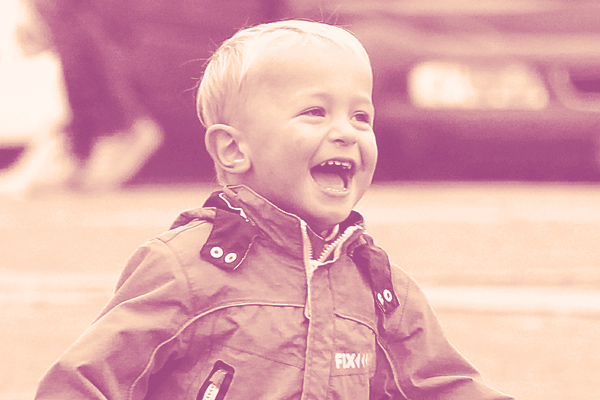
Want to Be Happy? Be Generous and Compassionate, Says Neuroscientist
- By Alison Lesley --
- 15 Jul 2015 --

In a study initiated by the Dalai Lama, a neuroscientist was asked to study kindness and compassion via the brains of Buddhists.
Research on Buddhist monks’ brains shows that the best way to feel positive emotions and be happy is through generosity.
“The best way to activate positive-emotion circuits in the brain is through generosity,” neuroscientist and founder of the Center for Investigating Healthy Minds, Richard Davidson, said at the Aspen Ideas Festival. He added that scientific evidence is showing there are systematic changes in the brain that are associated with acts of generosity, the Atlantic reports.
Since 1992, Davidson and his team have studied Buddhist brains after the Dalai Lama asked Davidson to study kindness and compassion. The Dalai Lama wanted to know what modern neuroscience could reveal about the brains of people who spent years “cultivating well-being and qualities of the mind which promote a positive outlook.”
Davidson experimented with eight Buddhists who were asked to alternate between a meditative and a neutral state to observe how the brain changed. The tests showed that there were high-amplitude gamma-oscillations in Buddhist brains, meaning that those brains were more capable of change. Also, the anterior insula, a part of the brain, was activated. It is responsible for brain-body coordination.
“The systems in the brain that support our well-being are intimately connected to different organ systems in our body, and also connected to the immune and endocrine systems in ways that matter for our health,” Davidson said. He told the audience in Aspen that compassion, often associated with Buddhism and meditation, involves the body in a major way. Tests showed that meditation also improved immune response to the influenza vaccine.


















